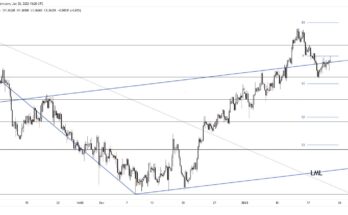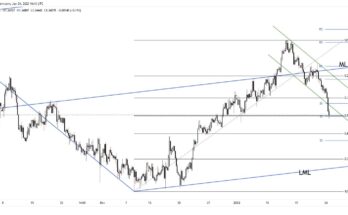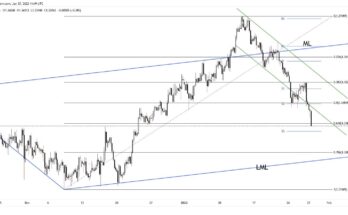The Eurozone finance ministers meeting today to discuss Greece looks unlikely to result in a deal, so the best markets can hope for is some sign of progress because so far there have not been any of real substance. There were some rumours yesterday that there was a softening on the part of EU leaders towards a lengthening of the bailout agreement which expires at the end of this month, but as far as Greece is concerned, they want something new, rather than a revised version of what is already in place. So neither side can even agree on what needs to be negotiated, hence the limited chance of anything substantial falling into place today. This does put the single currency on a more vulnerable footing overall.
The Greece meeting comes later in the day, but there is little on the calendar to distract markets ahead of then. Overnight tonight there is some interest with labour market data in Australia, where the unemployment rate is seen rising up to 6.2% (from 6.1%). The ‘surprise’ easing from the RBA has put a renewed focus on the economy and the labour market has been a point of strength in the wider picture, so any signs of further than expected weakening could put the Aussie under renewed pressure. The oil exporting currencies, such as the NOK and RUB have done fairly well of late on the back of the oil price recovery, with the rouble around 5% firmer vs. levels prevailing before it unexpectedly cut rates, which has so far served as a good omen for some stability going forward. Finally, cable is likely to be subdued ahead of tomorrow’s Inflation Report, where further hints of interest rate policy going forward will be sought. We still see the BoE holding rates steady for the remainder of the year.
Further reading:
RBA has put a renewed focus on the economy
EUR/USD: Where Would Specs Reaccess A Short Position?



